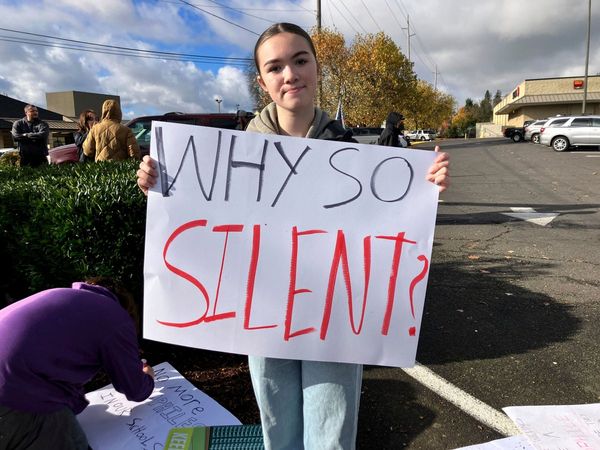
California Governor Gavin Newsom has signed a bill known as the Protecting Our Kids from Social Media Addiction Act, which targets the reduction of social media use among children. The bill, which passed the state Legislature with strong support, aims to address concerns about the negative impact of excessive social media consumption on young people.
The legislation prohibits online services and applications from providing an 'addictive feed' to minors without parental consent or unless they are unaware of the user's age. An 'addictive feed' is defined as a platform that recommends, selects, or prioritizes content based on user information, potentially leading to harmful habits.
Key provisions of the bill include restrictions on notifications during specific hours, such as late at night and during school hours, unless parental consent is obtained. Parents will have the ability to set limits on their child's social media usage, control access to certain features, and monitor account privacy settings.



The bill also prohibits the use of children's personal information in ways that could be detrimental to their physical or mental health. While some critics have raised concerns about the vagueness of certain provisions, supporters believe the law will enhance online safety and privacy for children.
One notable aspect of the legislation is the requirement for social media companies to offer chronological feeds to minors instead of algorithmic feeds. This change is seen as a positive step towards empowering children to see content of their choice rather than being influenced by platforms seeking to maximize engagement and profits.
While the bill has received praise from advocates of children's well-being, technology advocacy groups have expressed fears about potential limitations on platforms' editorial discretion. The debate over the balance between regulation and free speech rights continues as states like California take steps to address social media use among young users.
As California joins other states in enacting social media regulations, the landscape of online platforms is evolving. Companies like Instagram are already implementing measures to enhance the safety and well-being of teen users, indicating a proactive approach to addressing concerns about excessive social media use.
With the bill set to take effect in 2027, the state attorney general will play a key role in enforcing the new law and establishing guidelines for compliance. The ongoing dialogue around social media regulation reflects a broader conversation about the responsibilities of online platforms in safeguarding the interests of young users.







